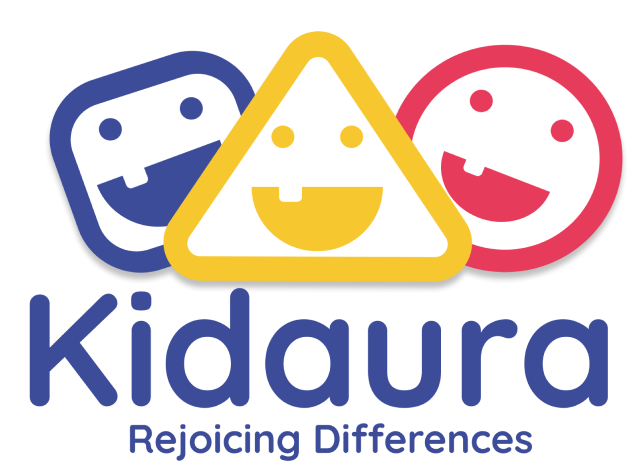Early intervention and its importance
Published by Madhushree
a year ago
Autism is a developmental condition that can be diagnosed as early as 2 years in children. Early intervention is crucial for optimal outcomes as it can make a significant amount of difference in the child’s life. Autism is a condition that affects the child’s communication, social, and other developmental skills. To understand further, refer to our previous blog post
Parents and guardians must be aware of the various milestones that the child must reach at a certain age. These milestone guides are important to allow the parent to track and observe the child’s development. Keeping a close eye on these developments will provide signs and symptoms to detect the possibility of autism which can lead to seeking a proper professional diagnosis and access to early intervention.
The first step in early intervention is to seek a diagnosis. Getting professional help from pediatricians, child psychologists, and counselors is very important. Having a team of professionals can be more resourceful. Involving the parent in the process is also important as they have first-hand information about the various symptoms and habits of the child. Any milestones that children have not reached must be noted down and tracked, as this can aid in the diagnosis process. Once such information is gathered, seeking diagnosis from the professionals will help gain a better insight into the real issues. The early signs of autism include repetitive behaviors, delay in speech and communication, and lack of social skills. A delay in motor skills can also be a sign to look out for.
Once a diagnosis is made, early intervention services can begin. Early intervention services are designed to help children with autism develop skills in areas where they may be struggling. These services may include speech therapy, occupational therapy, and behavioral therapy
Speech therapy is designed to help children with autism develop their language skills. This may include teaching children how to use words to express themselves and understand others. Occupational therapy is designed to help children with autism improve their motor skills, such as hand-eye coordination and fine motor skills. Behavioral therapy is designed to help children with autism learn new behaviors and reduce problematic behaviors.
Assessing each child by using various assessment forms is an important part of starting therapy or early intervention services. Each assessment focuses on different aspects which will help in pointing out the problem areas for each child as it is subjective. Some of the most common and efficient assessment forms for diagnosis include Childhood Autism Rating Scale (CARS), Gilliam Autism Rating Scale (GARS), Autism Diagnostic Interview-Revised (ADI-R), and Autism Diagnostic Observation Schedule (ADOS).

Importance of early intervention:
Early intervention accelerates brain development*. As a child gets additional support and help, it can pave way for the neural pathways to shape up which contributes to the betterment of communication and social skills. Early intervention becomes effective as the child’s brain is still developing in its formative years of growth and development.
Progressive outcomes are also a result of early intervention. Providing support to the right areas and understanding problem areas at a young age will bring clarity to the team of professionals working with the child, which can be tackled to have better outcomes. Early interventions also play an important role in shaping the child for the outside world, for example - attending school with peers. This in turn will allow the child to be accepted and be included as part of society.
Identifying and addressing challenging behavior linked to autism is also a result of early intervention. Starting behavior therapy to understand how to manage these behaviors and find ways to overcome them. Problematic behaviors should be addressed and intervened at a young age to help the child have a better quality of life.
Early intervention becomes important as it helps children with autism develop better communication skills. Speech therapy and other communication interventions can help children learn to communicate effectively and understand social cues, which can help them interact with peers and family members. Having support in these areas is important as most autistic children face backlash and non-acceptance due to their varied way of communication.
Early intervention can involve family members and caregivers, helping them to understand their child's unique needs and how to support their development. Educating the families about the challenges that children face, how they can communicate with them, and more importantly helping build a strong bond with their child is important. Early intervention can lay the foundation for having such family bonds.
All in all, early intervention is critical for children with autism because it can support brain development, improve outcomes, address challenging behaviors, improve communication skills, and involve family members in the process. By identifying and addressing developmental needs early, children with autism can reach their full potential and lead fulfilling lives.
Share via

© 2019-2024 Kidaura, All Rights Reserved




